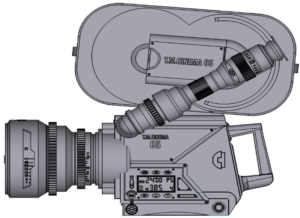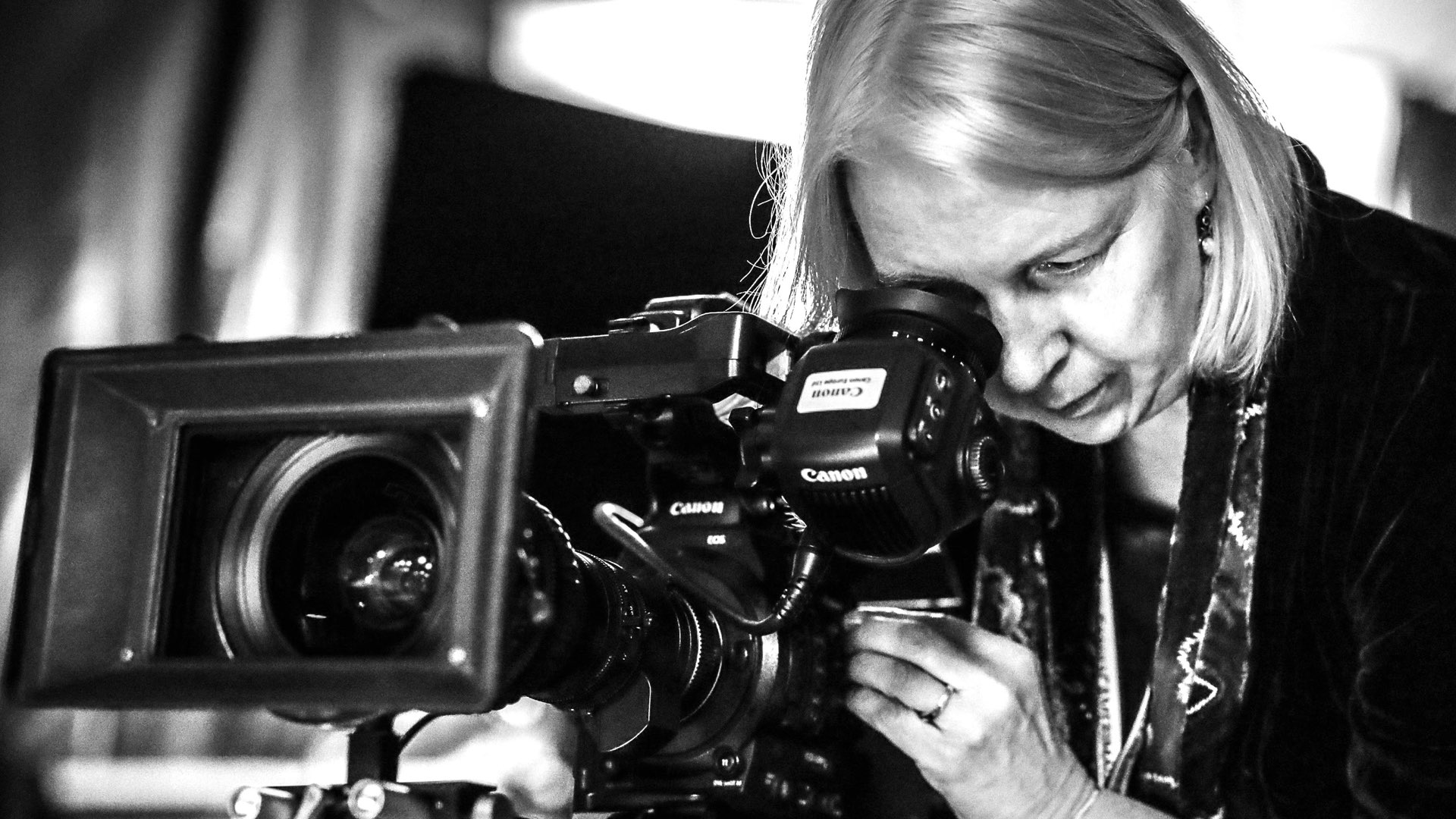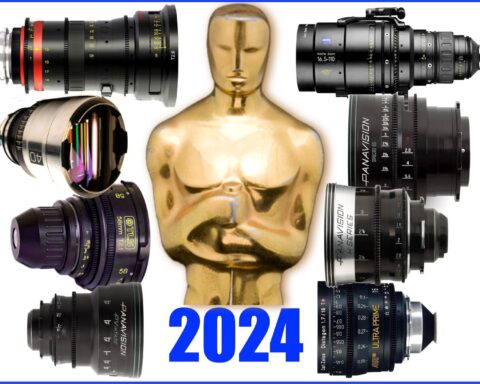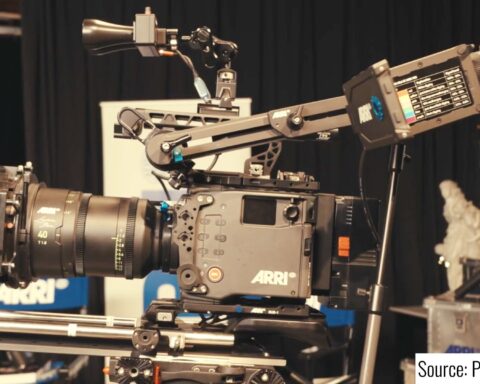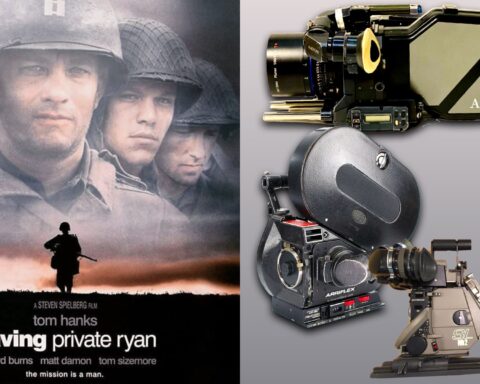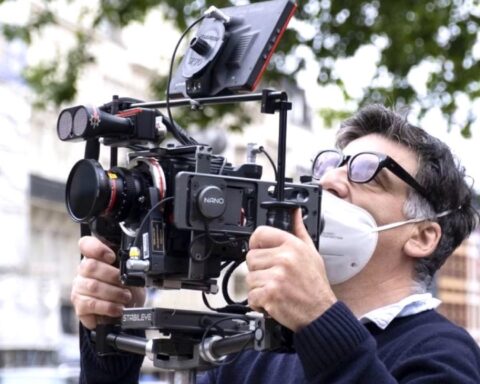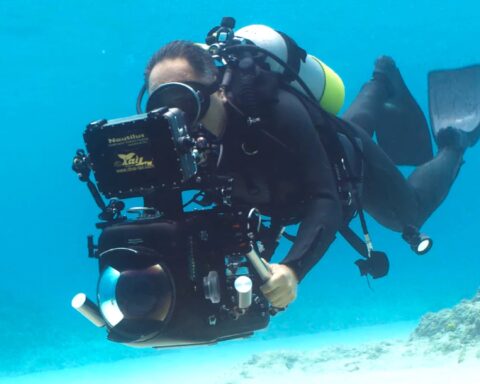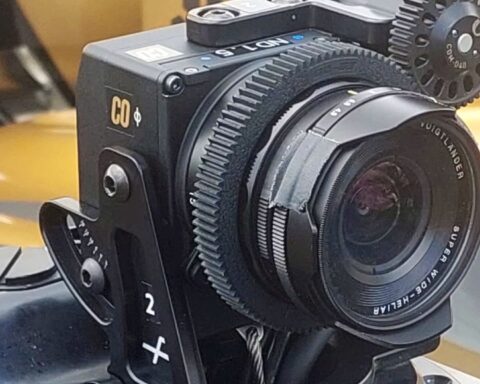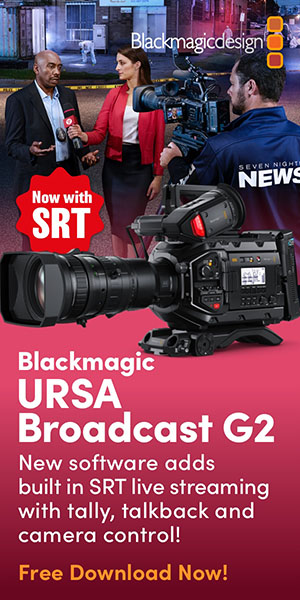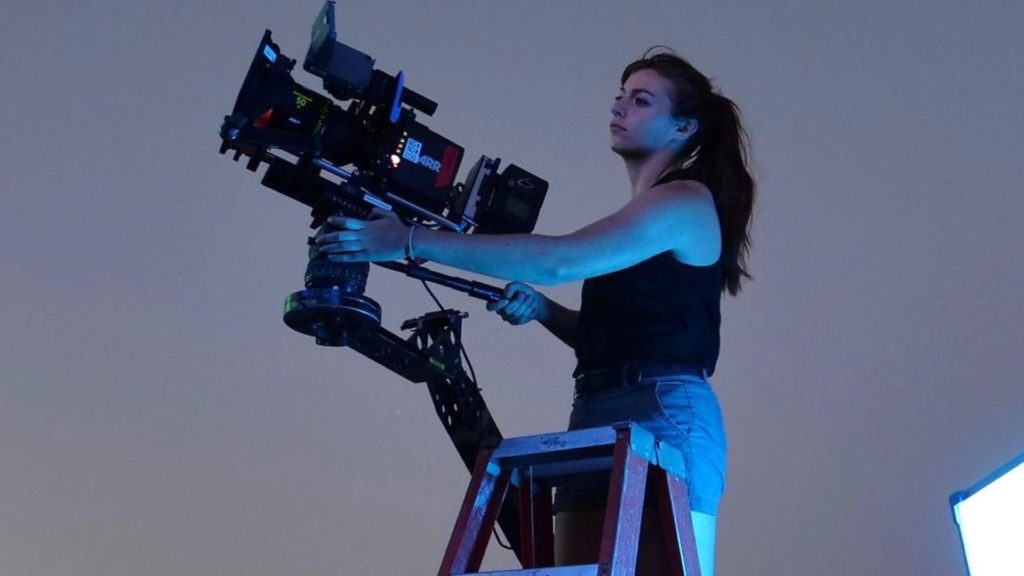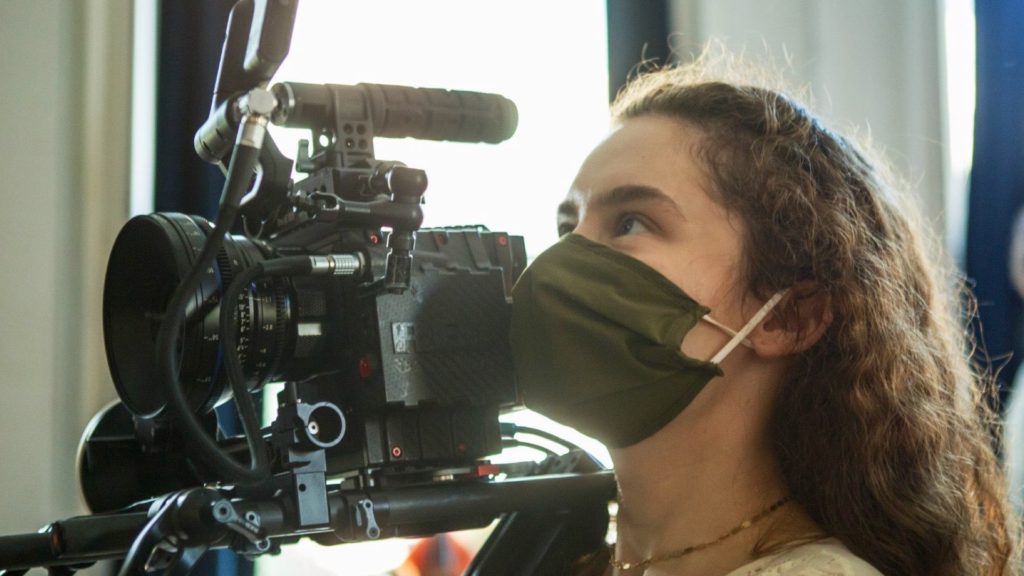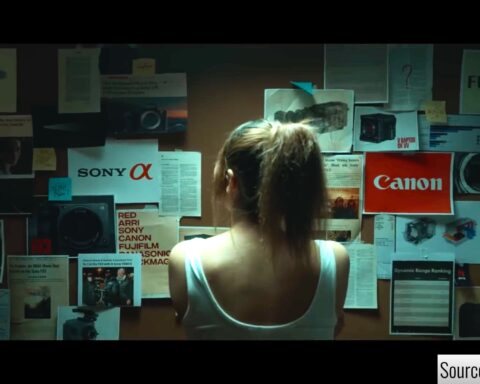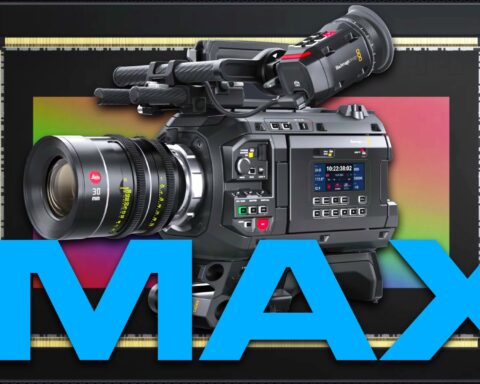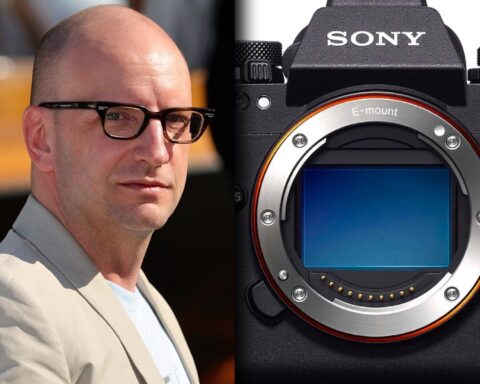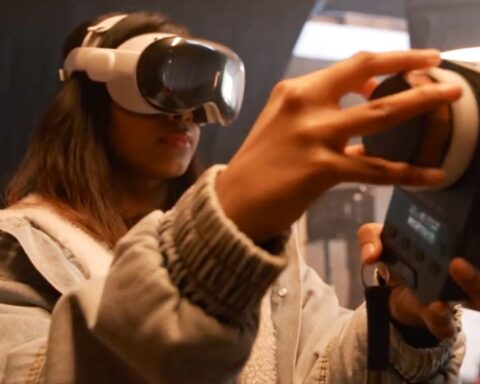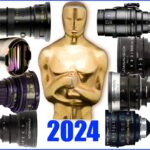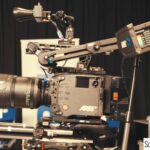As part of our series, Women’s Cinema, we interviewed Director of Photography, Claudia Raschke. In this episode, Claudia shares with us the fascinating journey, from clapper to lead cinematographer. Claudia has been working as a DP since 1988 and has been involved in numerous projects and documentaries, working for CNN, HBO, National Geographic, and more. Explore her story.
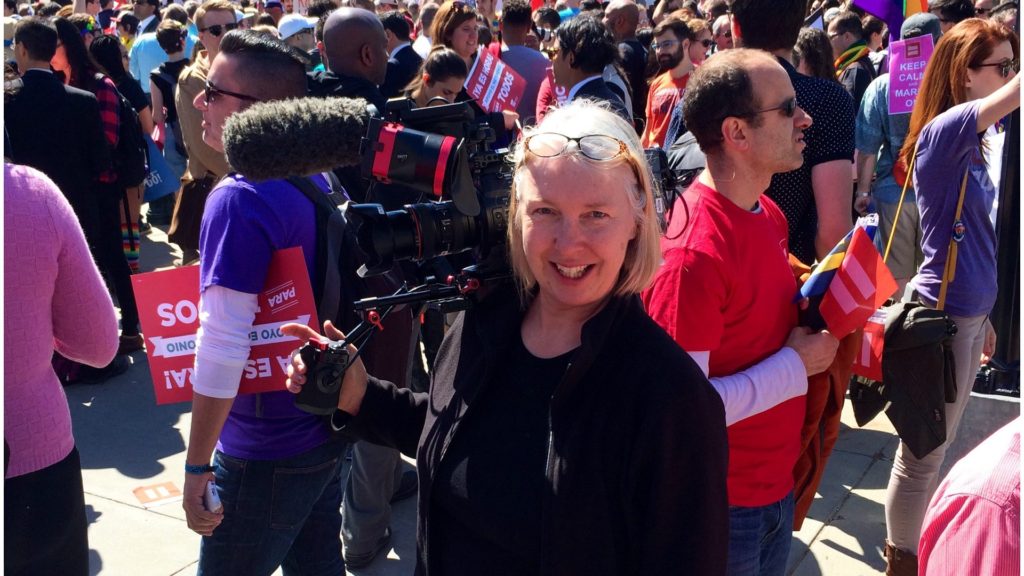
Be fierce and fearless. Success is based on making the right decisions and the right decisions are based on having made a lot of wrong decisions.
DP Claudia Raschke
Women’s Cinema by Y.M.Cinema Magazine
Women’s Cinema is a series of articles by Y.M.Cinema Magazine that focus on the women in our industry, with the goal of encouraging women to pursue after filmmaking career and to provide a stage for female content creators in the filmmaking industry, regardless of their roles on set.
In this part, we interviewed veteran cinematographer Claudia Raschke. Claudia has been waiting with her camera for more than 33 years. And indeed, she has a lot to say. Read her insights below.
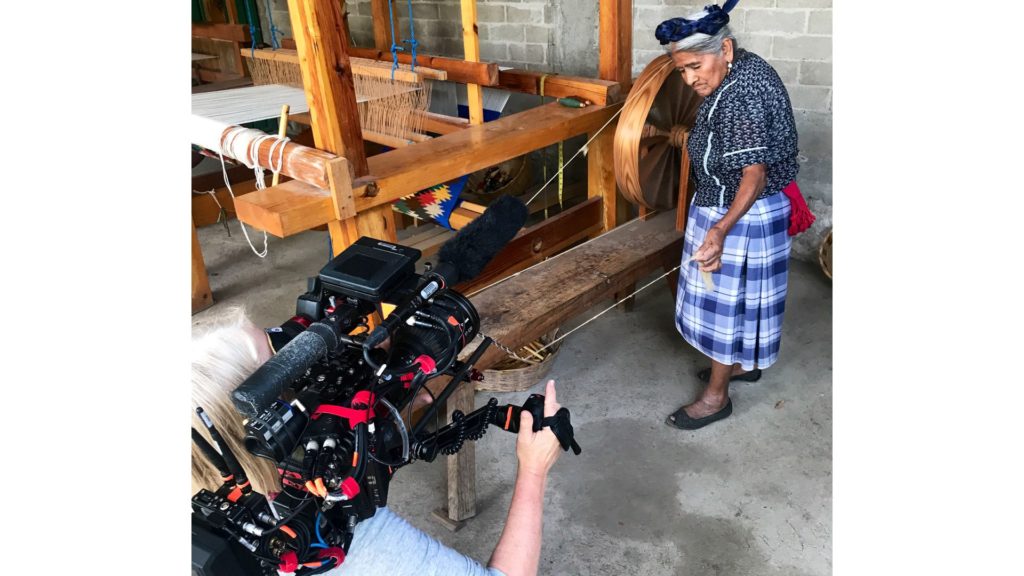
I believe that filming intuitively, honestly and without inhibition is a journey that requires compassion and the ability to sense what lies beneath the surface, especially for social justice documentaries.
Shooting students film as a starting point
Y.M.Cinema Magazine: Please let’s know about yourself (short bio focusing on your cinematography career), as well as why (and how) you chose cinematography as a profession.
Claudia Raschke: The day I was first invited to a movie set was quite magical. I immediately took to the tangible nature of the camera and film, but also the energy on set, both in front of and behind the lens. It was like a lightbulb went off in my head. Cinematography will nourish all of my artistic needs: I have choreography with the camera movements and my subjects; I have painted with the lights, and I have sculpting by creating three-dimensions on two-dimensional planes.
My career began to flourish working as a 2nd AC under such cinematography legends as Jost Vacano (Das Boot, Robocop, The Never Ending Story) and Stefan Czapsky (Ed Wood, Edward Scissorhands, Batman Returns). Following my goal to become a cinematographer, I started to shoot student films for Columbia students and it was at a Columbia University awards show as a guest of honor film director Susan Seidelman (Desperately Seeking Susan) was announcing films that I became recognized for my work. Seidelman expressed surprise at seeing a woman listed as the cinematographer, not once but several times, not realizing it was me who had shot several of the award-nominated films.
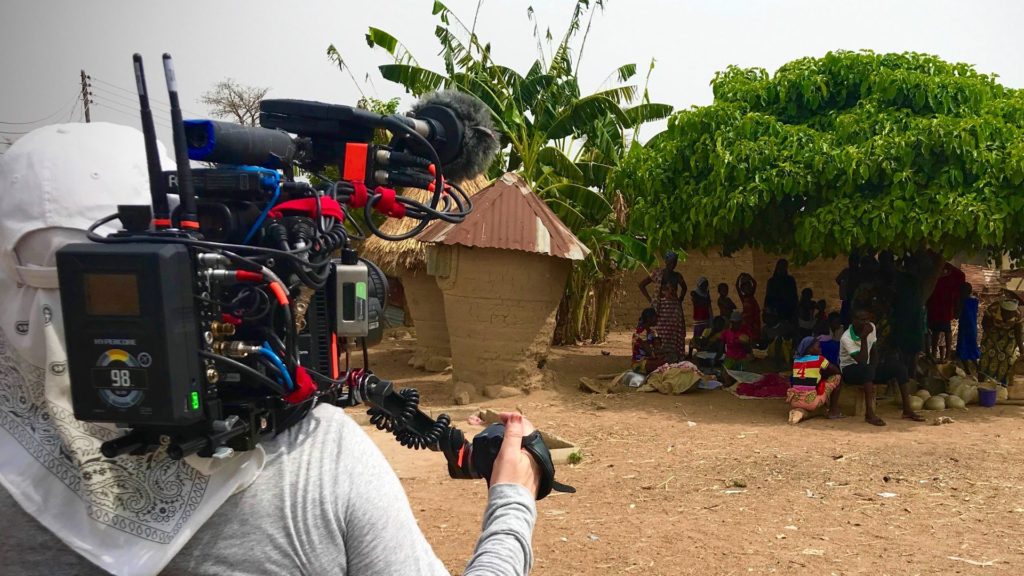
Cinematography will nourish all of my artistic needs: I have choreography with the camera movements and my subjects; I have painted with the lights.
This led to being courted by some of the biggest agencies for cinematic arts representation, including the legendary Gersh Agency, who come on board was the backing I needed to help me get a foot in the door to start my career. Since then, I have been shooting a variety of projects ranging from dramatic features film to documentaries to art films.
From clapper, to lead cinematographer
Y.M.Cinema Magazine: Describe your roles on the set. Do you have any preferred roles?
Claudia Raschke: I have worked my way up the ladder in the motion picture arena as a clapper/loader, a focus puller, a camera operator, and since 1990 as a lead cinematographer for feature films and documentaries. The last thirty plus years in the industry, shooting feature films with complex lighting setups and feature documentaries with extensive cinéma vérité challenges and reenactments, have driven my passion for visual storytelling, to capture the big and the small moments of the world we live in and to take nothing for granted. I believe that filming intuitively, honestly and without inhibition is a journey that requires compassion and the ability to sense what lies beneath the surface, especially for social justice documentaries.
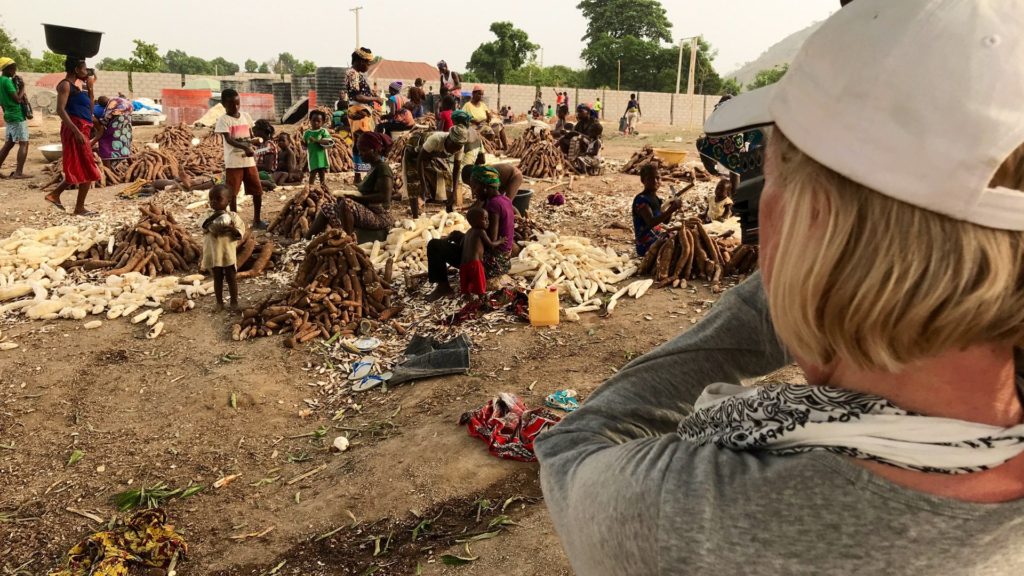
Canon EOS C300 Mark II as the weapon of choice
Y.M.Cinema Magazine: Name a few interesting projects you took part in.
Claudia Raschke: RBG, a feature doc about supreme court justice Ruth Bader Ginsburg was Oscar-nominated and Emmy winning. For this film, all the interviews were shot with two cameras, the Canon EOS C300 Mark II with Canon cinema primes. They were a fantastic combination to create beautiful images, glowing skin tones, and capture a large dynamic range with deep shadow details and exquisite highlights.
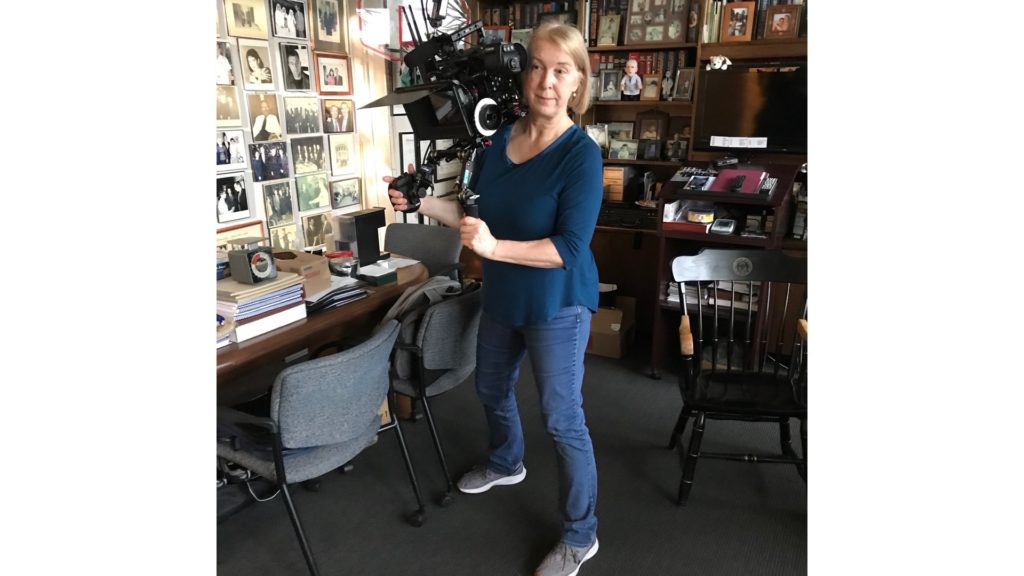
I have worked my way up the ladder in the motion picture arena as a clapper/loader, a focus puller, a camera operator, and since 1990 as a lead cinematographer for feature films and documentaries.
Ballerina Boys, my latest documentary work, just premiered on American Master. Capturing dance is a challenge, but Canon’s sensor technology allowed me to be an artist; I can pull out all the stops for my desired look. This is especially important when I need to adjust to challenging documentary scenes in low lights or with extreme contrast. Without the sensor’s latitude and easy-to-modify camera settings, I wouldn’t be able to instantaneously capture and react to unpredictable cinema verité moments. It is important to remain nimble and reactive with a camera rig to seize the moment gracefully.
Here are a few other works of mine: Oscar-nominated GOD IS THE BIGGER ELVIS (HBO) and Oscar short-listed MAD HOT BALLROOM (Paramount). My most recent work includes the 2021 Sundance premiere of MY NAME IS PAULI MURRAY (Participant Media) and two more projects to be released later this year, including JULIA (CNN/ Imagine Entertainment) and FAUCI (Nat Geo).
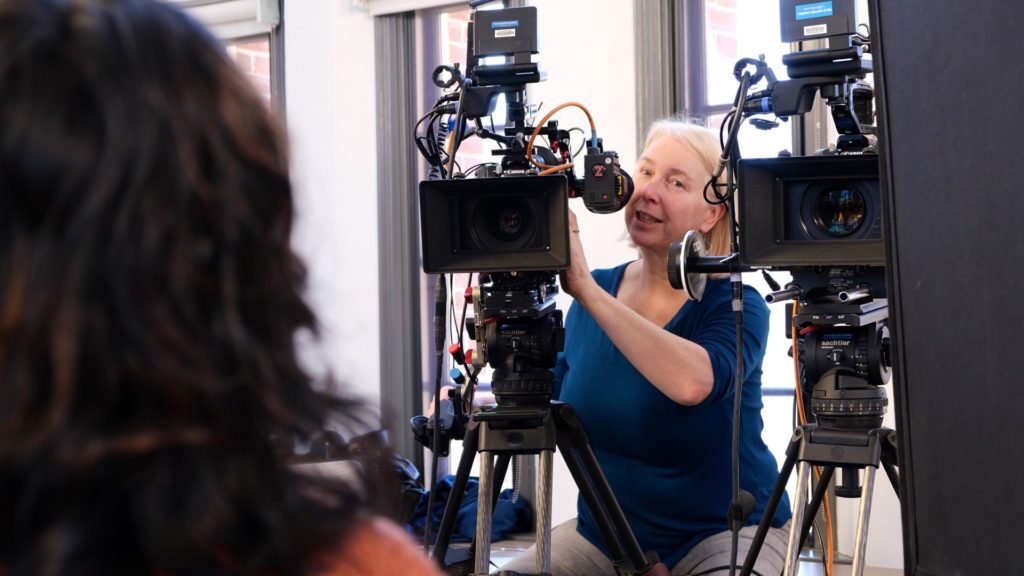
The glass ceiling
Y.M.Cinema Magazine: What’s it like to work in a professional environment dominated by men? As the majority of the filmmaking industry are men, do you feel that you have a glass ceiling above you?
Claudia Raschke: It isn’t like one person pierces the glass ceiling, and all of a sudden, it’s available for everybody else. It isn’t. And I think therefore women have that responsibility of trying to keep the door open for women who follow. That is how we change things.
Yes, women in the industry are still something of a rare sight. In the old days, there was a litany of excuses: they were too weak to carry the camera, they didn’t have enough stamina to work through the entire day, they were too soft-spoken, or they couldn’t handle the pressure. But I think we have proven that we can work harder, longer, and persevere because more and more doors are being pushed open. You have more producers, more directors, more cinematographers, more studio heads in decision-making roles that are women. So, visibility matters. Women have to be recognized, valued, and seen as role models for other women coming up but also in general by society to solidify the idea that we can do it and can be the best at it too.
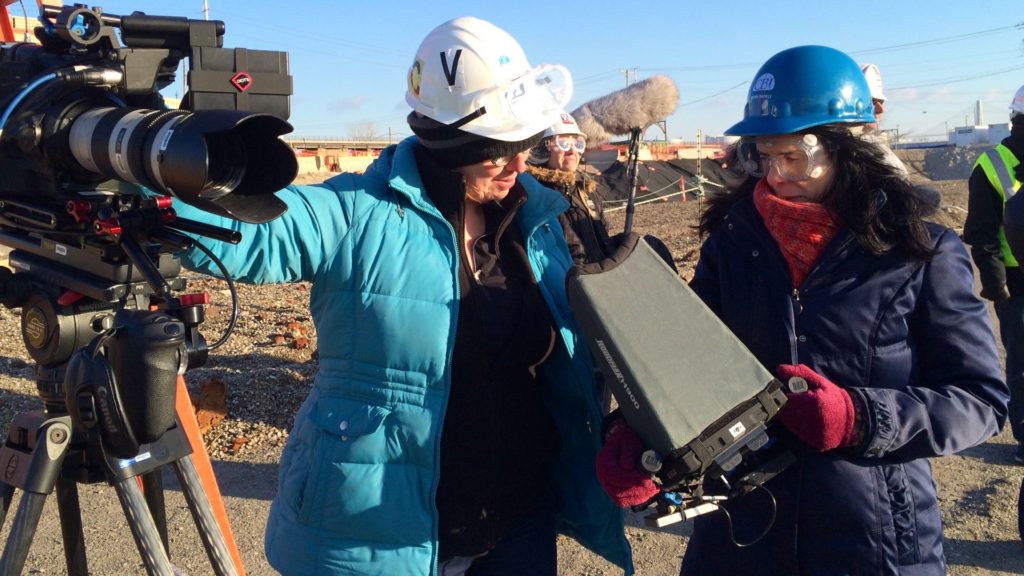
Yes, women in the industry are still something of a rare sight. In the old days, there was a litany of excuses: they were too weak to carry the camera, they didn’t have enough stamina to work through the entire day, they were too soft-spoken, or they couldn’t handle the pressure.
Women in the film industry
Y.M.Cinema Magazine: Do you feel that you have to try harder as a female cinematographer in order to make a climb in the industry?
Claudia Raschke: Women in the film industry have to work twice as hard as any man does because you’re working against that stigma. Can a woman, do it? Does she have the stamina? Can she handle the stress, the camera technology, the software, the high budgets? And as a woman on set, you can’t make any mistakes because you’re representing a minority of women cinematographers in the industry. You have to be careful to set, because if you fail, it echoes, and potentially closes the door behind you.
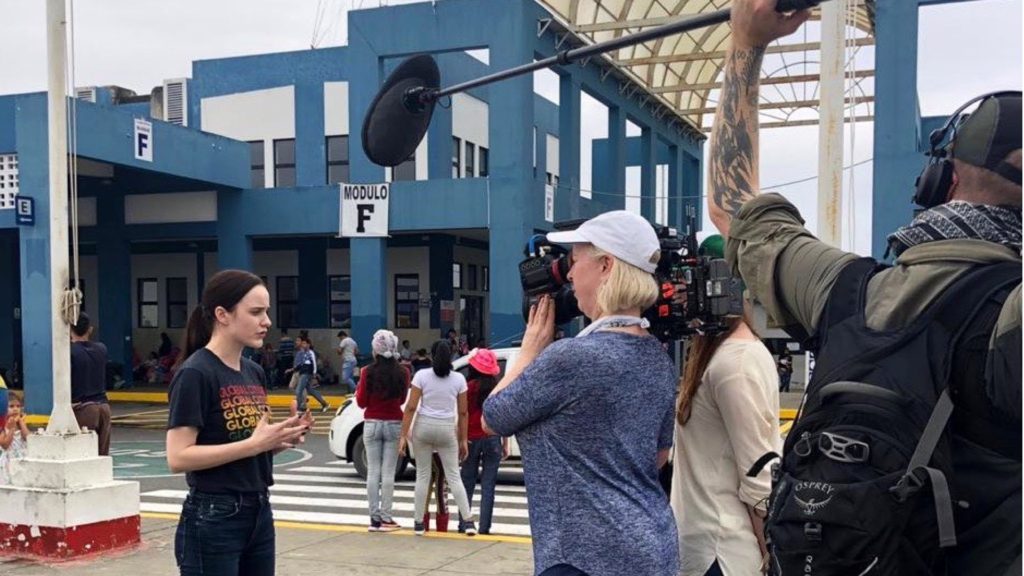
Women in the film industry have to work twice as hard as any man does because you’re working against that stigma.
I work with a diverse team and it is very collegial in the documentary world. In features, where I worked for years, you tend to have a very male-centric grip, electrical, directing, and producing department. There, I certainly had some issues with those who didn’t think I could make certain decisions. They would jump in and feel the need to decide for me. That’s when you have to draw the line and put people in place. I quickly learned to address it by placing my hand on their shoulder with direct eye contact saying, “I’ve got this. Don’t worry.” They were usually taken aback because they were caught in their judgment. And they’d back off. You have to stand your ground, but the way you do it doesn’t have to be aggressive.
Recent statistics show that only 6% of cinematographers are women. Cinematography is a male-dominated field by 94%, according to the Celluloid Ceiling report from January 2021 for work credited to women in the film industry. Statistics should not deter anyone when starting in the field. In the end, what stands out is your work, your passion, and your determination as an artist, and not if you are a woman or a man.
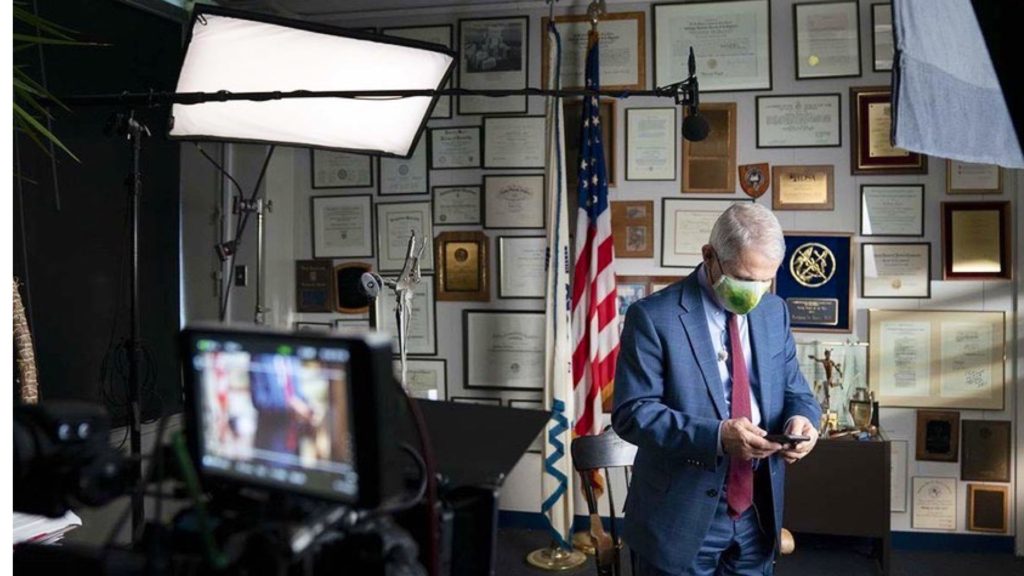
I quickly learned to address it by placing my hand on their shoulder with direct eye contact saying, “I’ve got this. Don’t worry.” They were usually taken aback, because they were caught in their judgment.
Tips & Tricks for the others
Y.M.Cinema Magazine: Do you recommend other women to pursue a cinematography career? If so, what’re your tips and tricks to do so?
Claudia Raschke: In 1988 I started my journey as a DP. I’ve been in the business for 33 years. Looking back, I realize that my first years of cinematography were all about learning the craft, speaking a visual language, the impact a camera move has, and how to create mood lighting. I’m very grateful that I had the opportunities to experiment and learn step by step.
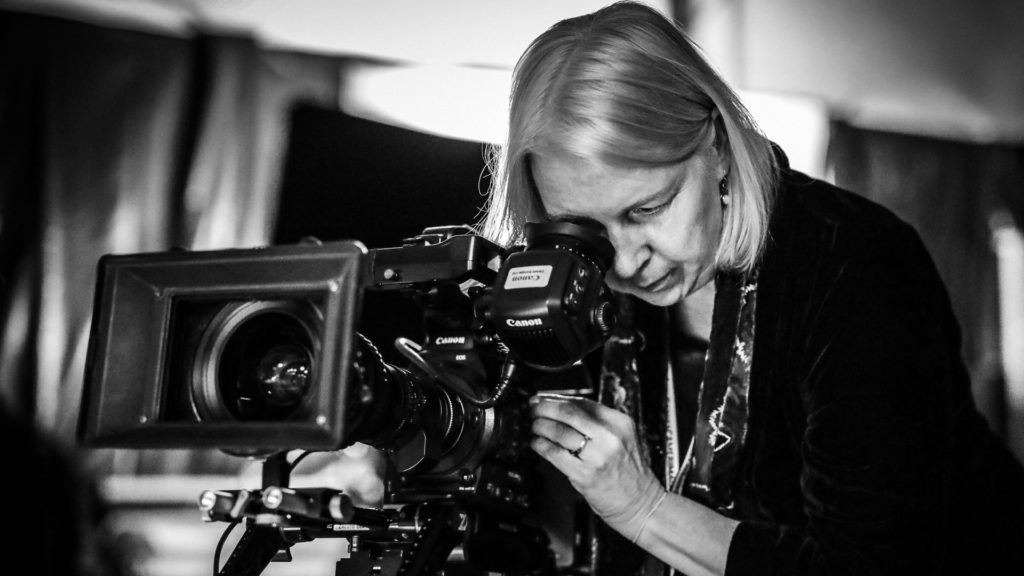
Find a mentor in the feature film or documentary field to talk to. Be willing to crew up for student film projects to build up your artistic cinematography muscle.
Once you have all the tech toys, the full-frame sensor camera, the drones, the dollies, the Steadicam, the high-end optics, and all the lights you can wish for, you’ll need to know how to select the right tools to transfer your visual idea for your film into existence. I would say experiment as much as you can with the tech tools you have access to and create a playground to challenge yourself to think outside your limits.
Forget the stigma and buddy up with like-minded young cinematographers, watch movies and analyze them together. Try to test out your findings in a smaller scaled-down version whenever you can.
Find a mentor in the feature film or documentary field to talk to. Be willing to crew up for student film projects to build up your artistic cinematography muscle. And create a body of work as a painter would.
Final words
Y.M.Cinema Magazine: Anything to add?
Claudia Raschke: Be fierce and fearless. Success is based on making the right decisions and the right decisions are based on having made a lot of wrong decisions.
Product List
Here’re the products mentioned in the article, and the links to purchase them from authorized dealers.
- Canon Cinema EOS C300 Mark II Body with (EF Lens Mount)

